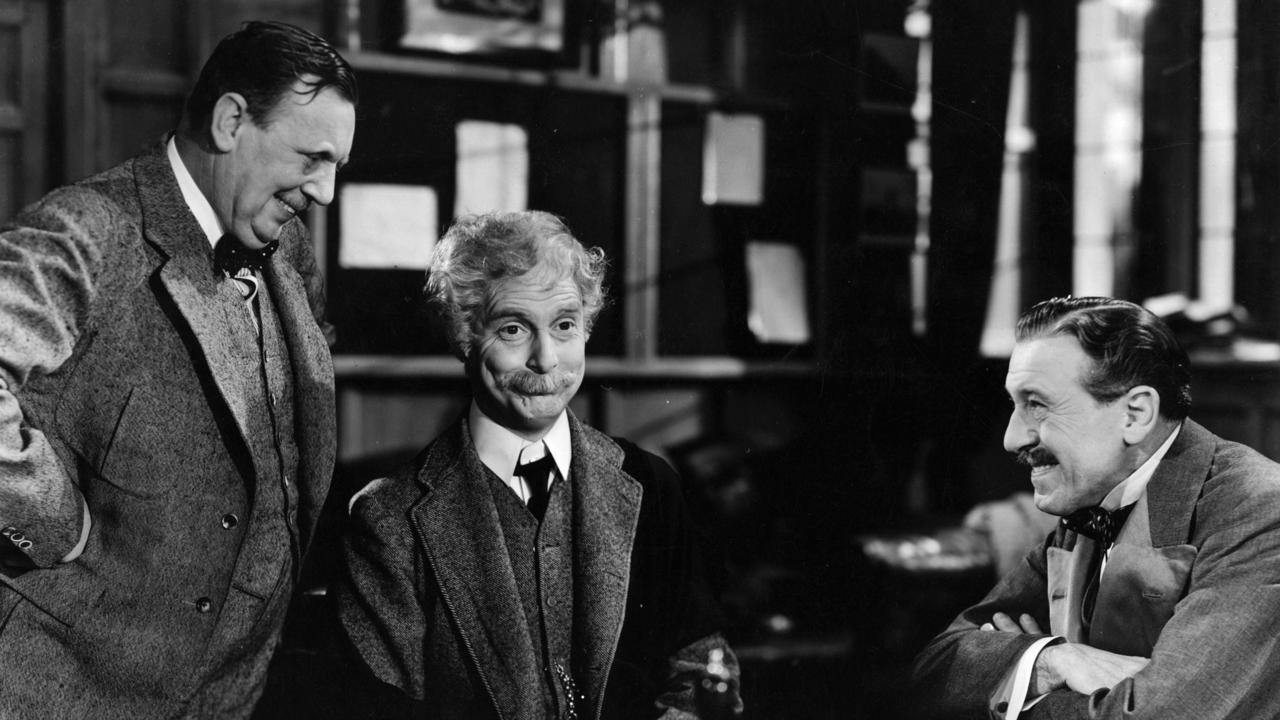
1. Clark Gable and Jimmy Stewart fall shortAs the Academy Awards nominations are announced today, even many who otherwise claim not to care about the Oscars are protesting that Carol was shut out of best picture (and that Todd Haynes was overlooked for best director). Some are even
scratching their heads about Mr Holmes failing to receive a best makeup nod. When a ‘sure thing’ film or performance is left out, it can provoke emotional responses – even from a casual observer. But there are some ‘Oscar upsets’ that have gone down in history, starting with Robert Donat capturing the best actor award for 1939 with his performance as a tweedy academic in Goodbye Mr Chips. Film scholars are generally in agreement that that was Hollywood’s finest year – powered in large part by the performances of Clark Gable as Rhett Butler in Gone With the Wind and Jimmy Stewart as the idealistic politician of the title in Mr Smith Goes to Washington. But the Oscars that year decided instead to honour Donat, whose performance was hardly definitive – Goodbye, Mr Chips was remade as a musical with Peter O’Toole in the role just 30 years later. Many film historians suspect that when Stewart won his Oscar for 1940’s The Philadelphia Story – in a much less demanding role – it was an apology from the Academy that he didn’t win for Mr Smith. (Credit: Warner Home Video)
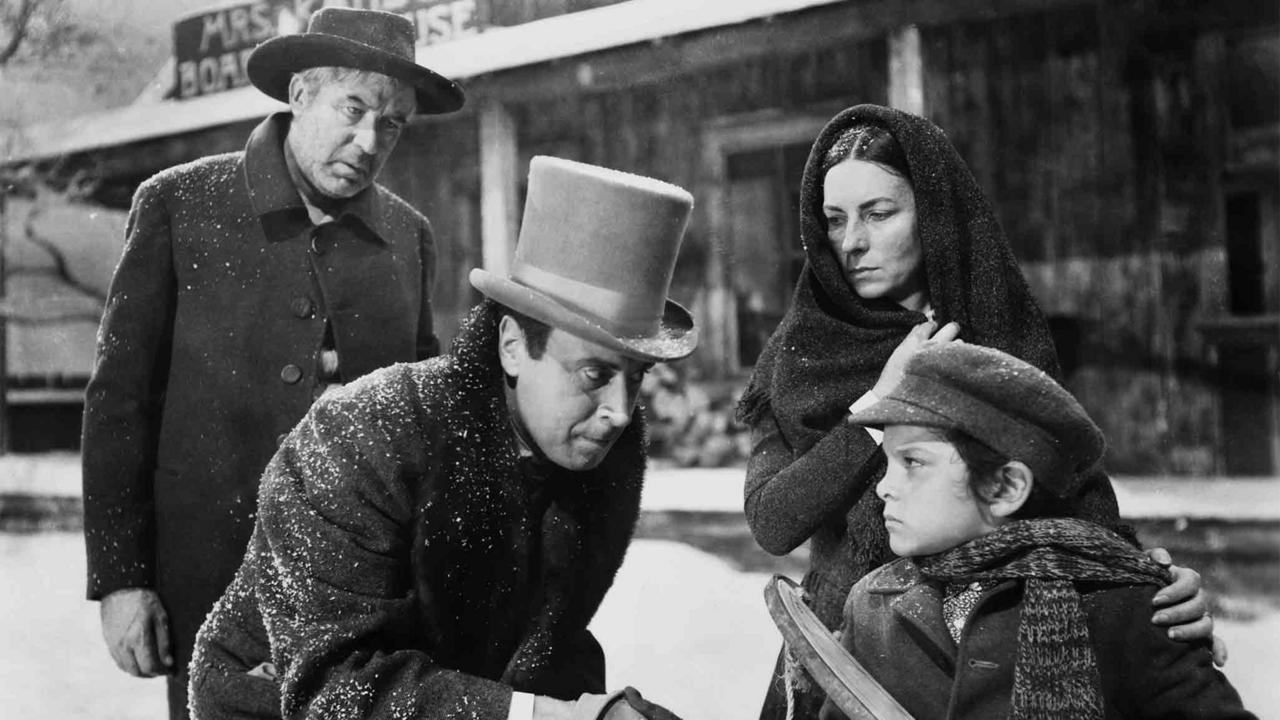
2. Citizen Kane loses best pictureOrson Welles’ story about the rise and fall of a publishing mogul loosely based on William Randolph Hearst was a sensation when it arrived in 1941. Though widely regarded as the greatest US film ever made today – it topped BBC Culture’s own poll of the 100 greatest American films – many at the time of its release already thought as much. The New York Times’ Bosley Crowther wrote, ".it comes close to being the most sensational film ever made in Hollywood" and UK newspaper The Observer called it "the most exciting film that has come out of Hollywood in twenty-five years". But Hearst’s efforts to have the film pulled from circulation – along with consistent attacks against the film, and Welles, made by his allies in the press – arguably soured its Oscars prospects. So much so that every time Citizen Kane was mentioned at the ceremony the auditorium erupted in boos. The only award it won was for best original screenplay, while best picture went to a safer bet: John Ford’s How Green Was My Valley. (Credit: Warner Home Video)
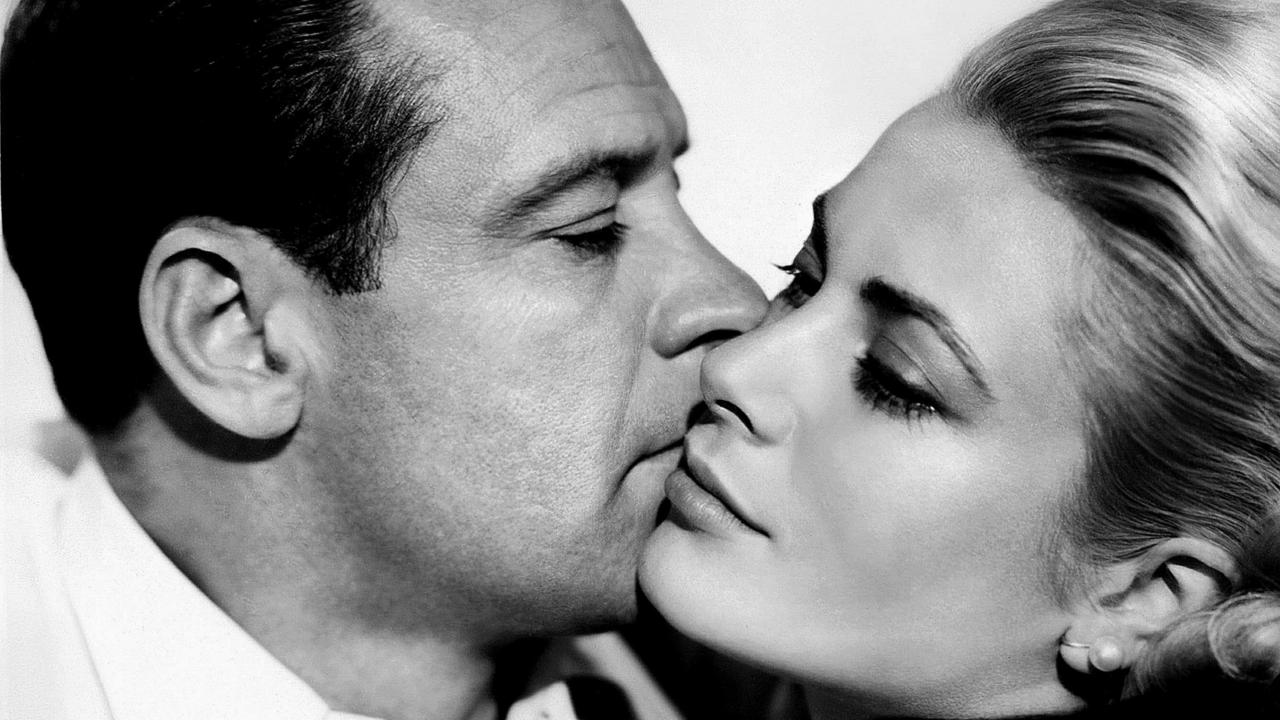
3. Grace Kelly’s best actress victoryTry to name as many films featuring Grace Kelly as you can. Odds are, The Country Girl won't be among them. But it was for that movie - not Rear Window or High Noon - that she picked up the Academy's best actress prize. She played the wife of a has-been actor played by Bing Crosby who struggles with alcoholism. Remarkably, the favourite that year had played a similar role: Judy Garland was expected to win for her remarkable work in A Star Is Born as a rising singer and film actor whose upward trajectory is decidedly at odds with that of her husband, a fading movie star played by James Mason. Even at the time of A Star Is Born's release it was considered Garland's most mature performance. Producers at the US TV network NBC were so sure she would win they sent a camera crew to her hospital room, where she had just given birth to her son Joey, hoping to get her reaction. When Kelly won instead, Groucho Marx sent Garland a telegram with the message that her loss was "the biggest robbery since Brinks."
(Credit: Alamy)
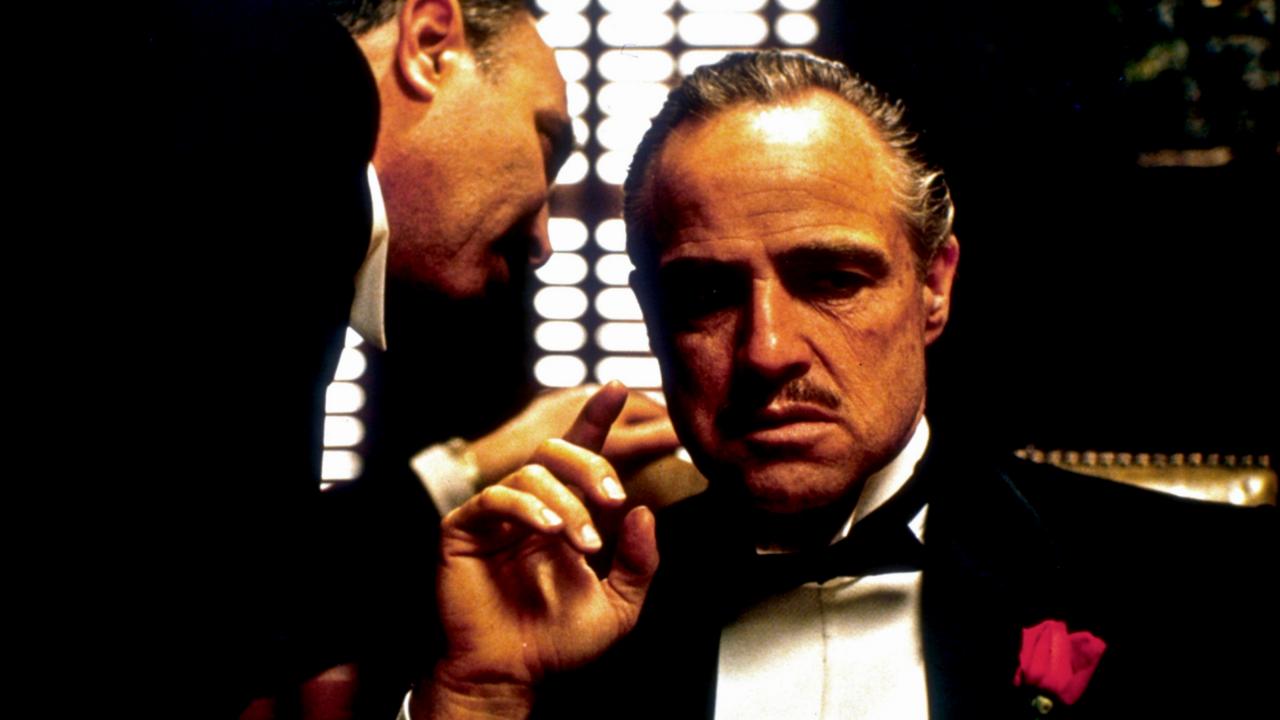
4. Coppola loses best director for The GodfatherThe Godfather is one of the most influential films of all time. Universally praised at the time it was also one of the first films to gross over $100 million in the US. Its young director Francis Ford Coppola, then just 33 years old, was considered certain to win the best director prize at the 1973 Academy Awards ceremony. But when presenters Julie Andrews and George Stevens read the name in the envelope, it was Bob Fosse who got the honour instead for his work at the helm of Cabaret. Coppola didn’t exactly seem pleased and when he did win for The Godfather Part II two years later he said, “I almost won this a couple of years ago for the first half of the same picture.” (Credit: Paramount)
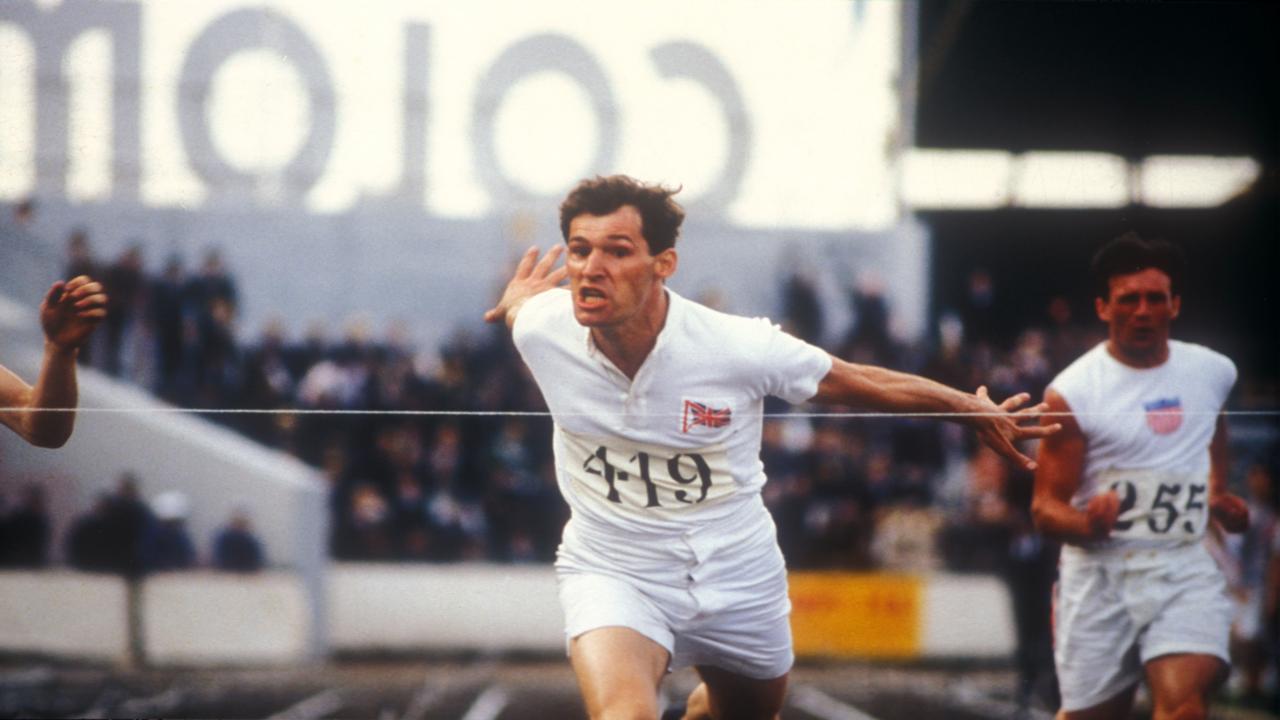
5. Chariots of Fire wins best pictureIf 1939 is challenged by any other year for the title of ‘greatest in Hollywood history’ that year might be 1981. The best picture field included Raiders of the Lost Ark, Atlantic City and Reds, the wildly ambitious passion project from Warren Beatty about the life of John Reed, the only American to be buried at the wall of the Kremlin for his prominent role in the early years of the Soviet Union. Reds seemed like a shoo-in to win because of its epic sweep, its inventive use of interviews with people who had known Reed, and powerful performances. But at the end of the night the British athletics drama Chariots of Fire emerged with the gold. Beatty did win earlier in the night for best director however, in what must surely be the only time The Internationale has played at the Oscars.
(Credit: Warner Home Video)
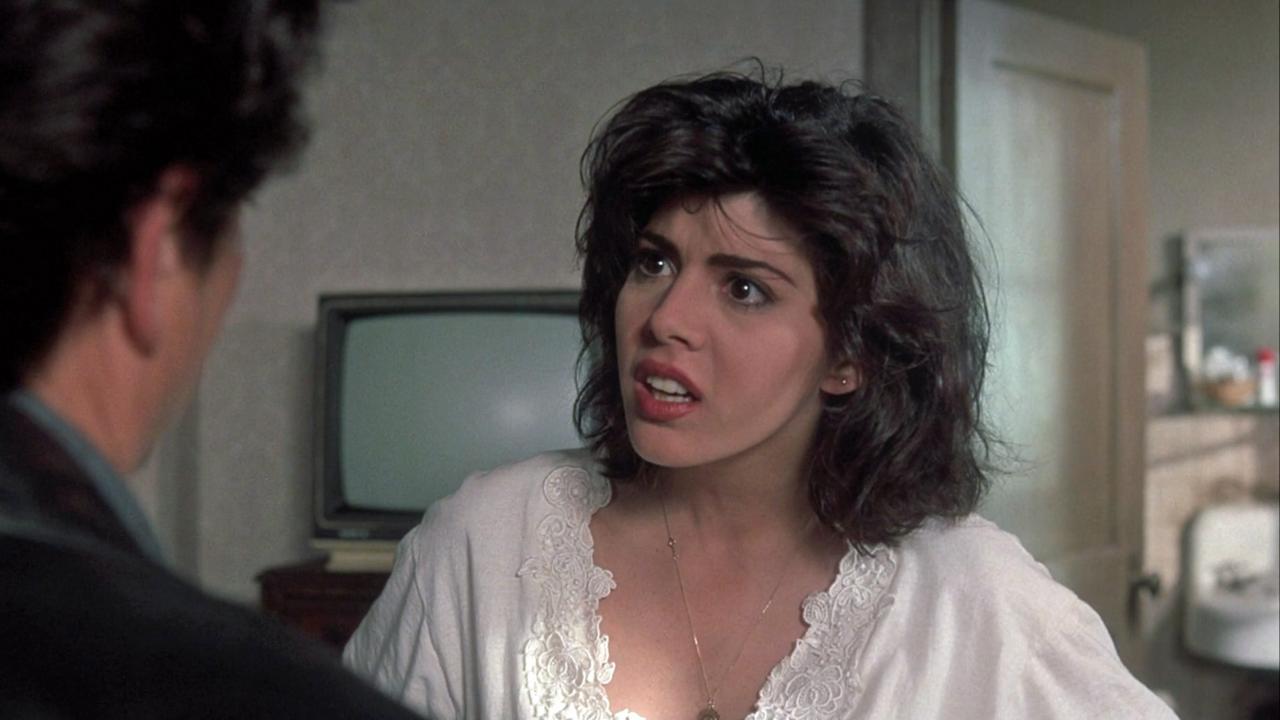
6. Marisa Tomei wins best actress“This is one of the few times in the history of Academy Awards that five foreign actresses are up for the same award – four English and one from Brooklyn.” So joked Jack Palance when presenting the best actress prize in 1993. The Brooklyner in question was Marisa Tomei, who had been hilarious in My Cousin Vinny that year. But she was going up against some true acting heavyweights, including Vanessa Redgrave for Howards End and Judy Davis for Husbands and Wives (who it should be noted is Australian, not English). When Palance announced Tomei as the winner, some, including critic Rex Reed, thought he had deliberately announced the wrong name. The myth that someone else actually won persists to this day, despite the Academy having said repeatedly over the years that Tomei was indeed the rightful winner – a claim also validated by accounting firm Price Waterhouse. (Credit: 20th Century Fox)
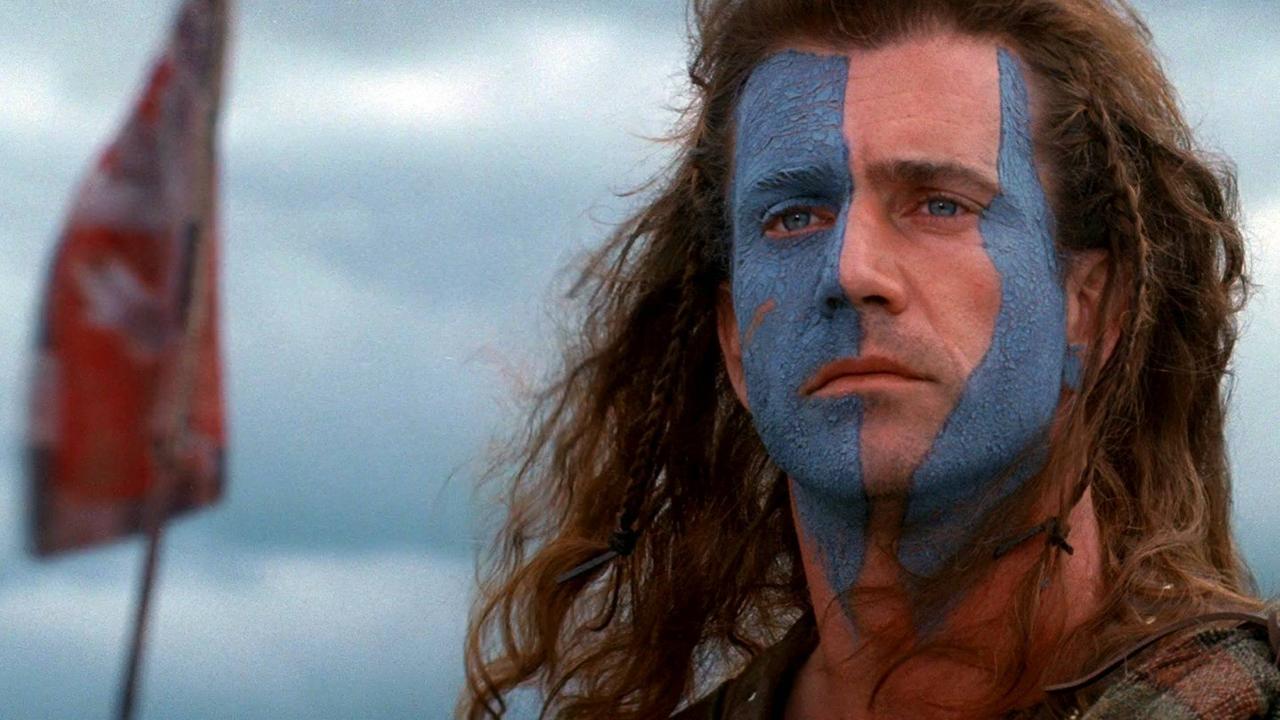
7. Braveheart wins best pictureData journalism site FiveThirtyEight.com says that Braveheart’s best picture victory in 1996 is the biggest Oscars upset of the past 20 years, based on previous awards and critics’ prizes leading up to the ceremony that season. The clear favourite was Apollo 13, Ron Howard’s drama about the failed Nasa moon mission. But Mel Gibson’s bloodsoaked tale of the Scottish patriot proved irresistible for the Academy, winning five Oscars total. (Credit: Warner Bros)
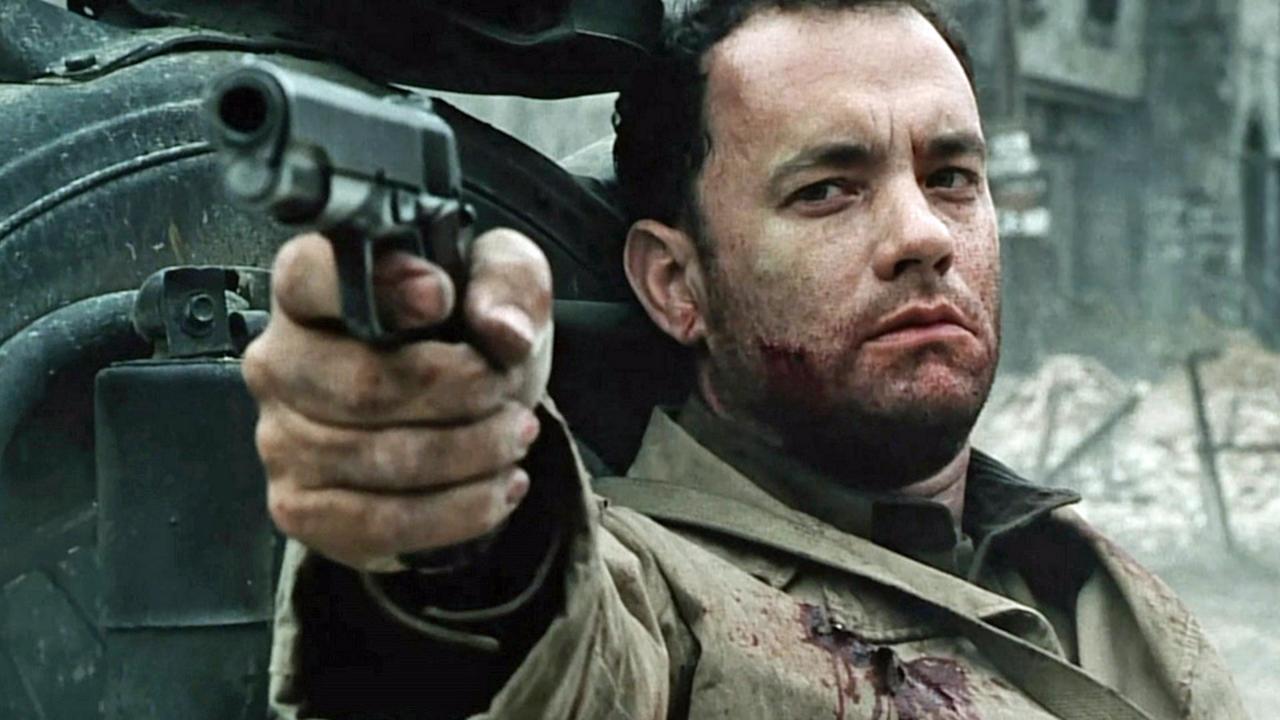
8. Saving Private Ryan loses best pictureIt took Steven Spielberg two decades to win his first best director Oscar – for Schindler’s List in 1994 – but he repeated the feat just five years later for another World War Two drama, Saving Private Ryan. Opening with the most authentic depiction of the Normandy landings ever put on film – photographed with great dynamism by cinematographer Janusz Kamiński – the war movie was expected to win best picture as well as the directing prize. But ultimate honours went to Shakespeare in Love instead. It’s likely Saving Private Ryan could have won if it hadn’t been in competition with another war movie, Terence Malick’s The Thin Red Line, which drew votes away and left Shakespeare in Love with the highest total. (Credit: Dreamworks)
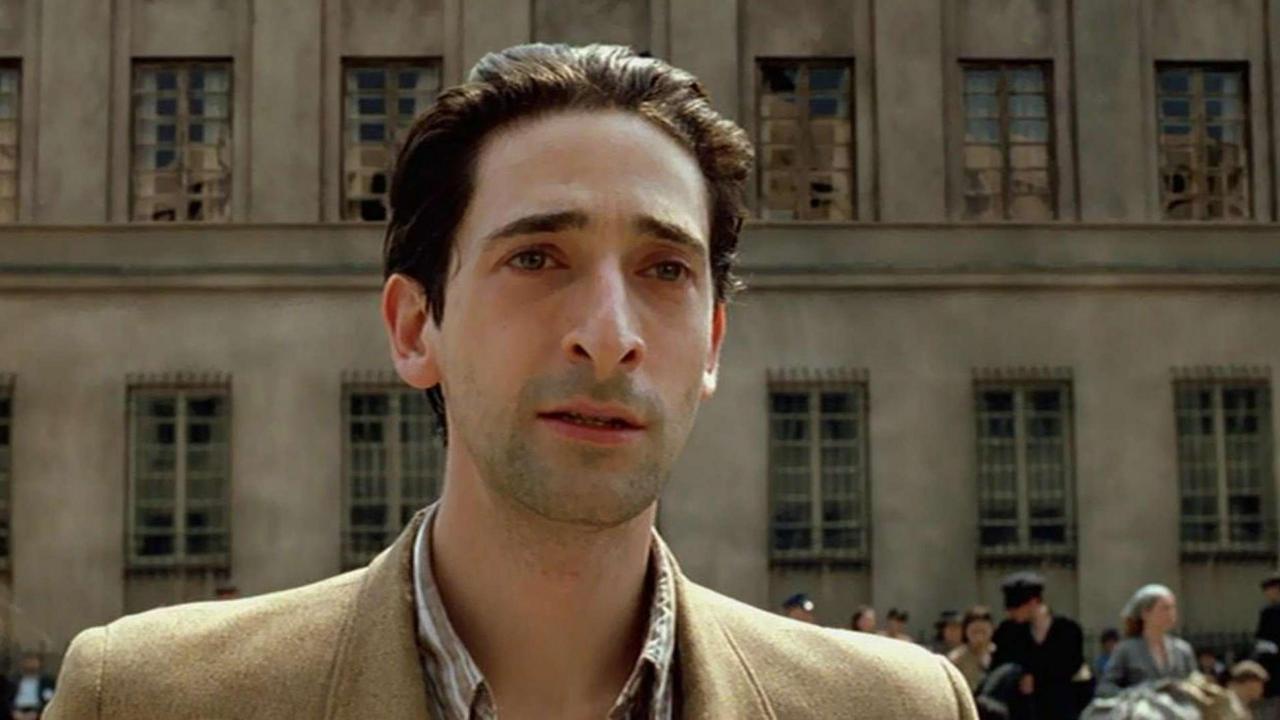
9. Adrien Brody wins best actorEveryone admired Brody’s performance as Władysław Szpilman in Roman Polanski’s The Pianist – but almost no-one thought he would walk away with the prize. The actor won the award over a daunting field, including Michael Caine, Jack Nicholson and Daniel Day-Lewis, who was considered a very likely winner for his work as Bill the Butcher in Martin Scorsese’s Gangs of New York. At 29 Brody was also the youngest winner of best actor in Academy history – a record he still holds. (Credit: Focus Features)
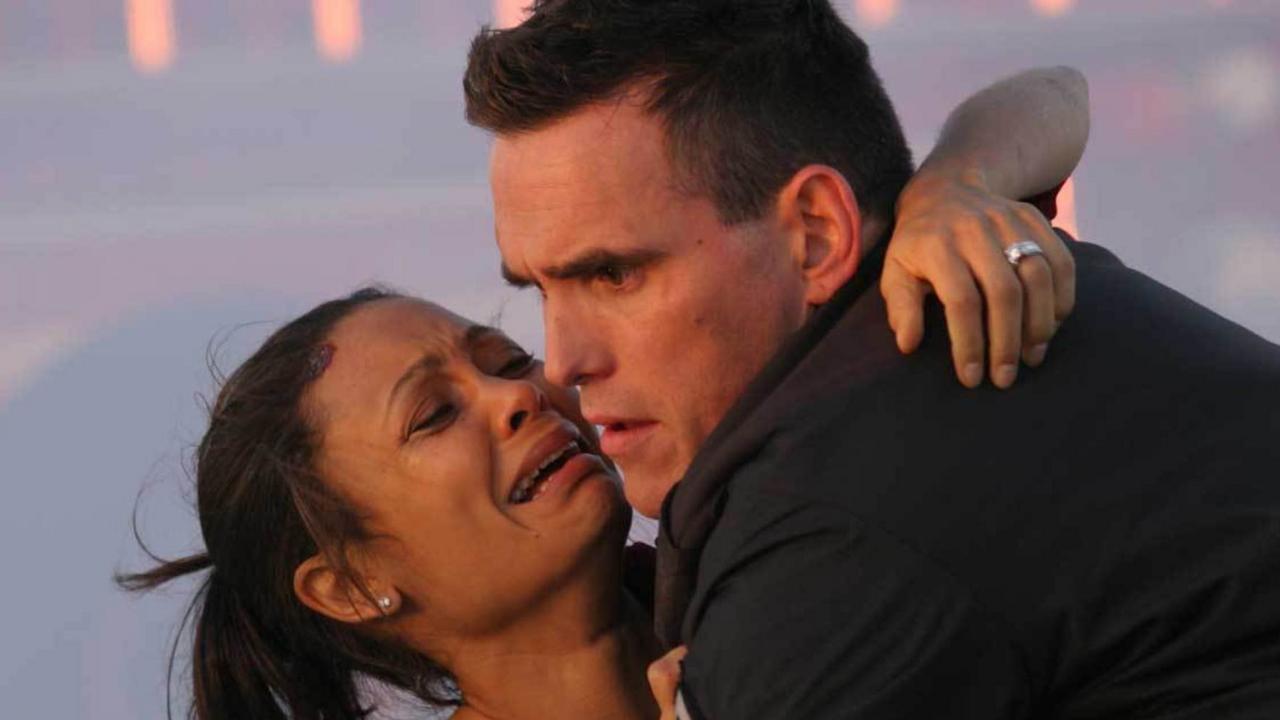
10. Crash wins best pictureCrash has been called the worst best picture winner of all time by many, including Film Comment magazine, for its overwrought portrayal of race relations that ignored the more subtle and pervasive ways prejudice creeps into daily American life. Many others hate it simply because it defeated Brokeback Mountain, a more empathetic and artistically challenging film, and one that, with its depiction of doomed cowboy lovers, caught the mood of liberal America after George W Bush had won re-election in part by campaigning against gay marriage. Older white men composed the majority of the Academy’s voting membership at the time – and still do now – and they can hue toward the conservative, in politics as well as taste. Many Oscar analysts feel that voting for Crash over Brokeback Mountain was a way for Academy members to suggest they were being progressive… without being too progressive. Kenneth Turan of the Los Angeles Times wrote, “For people who were discomfited by ‘Brokeback Mountain’ but wanted to be able to look at themselves in the mirror and feel as if they were good, productive liberals, ‘Crash’ provided the perfect safe harbor.” (Credit: Lionsgate)



No comments:
Post a Comment